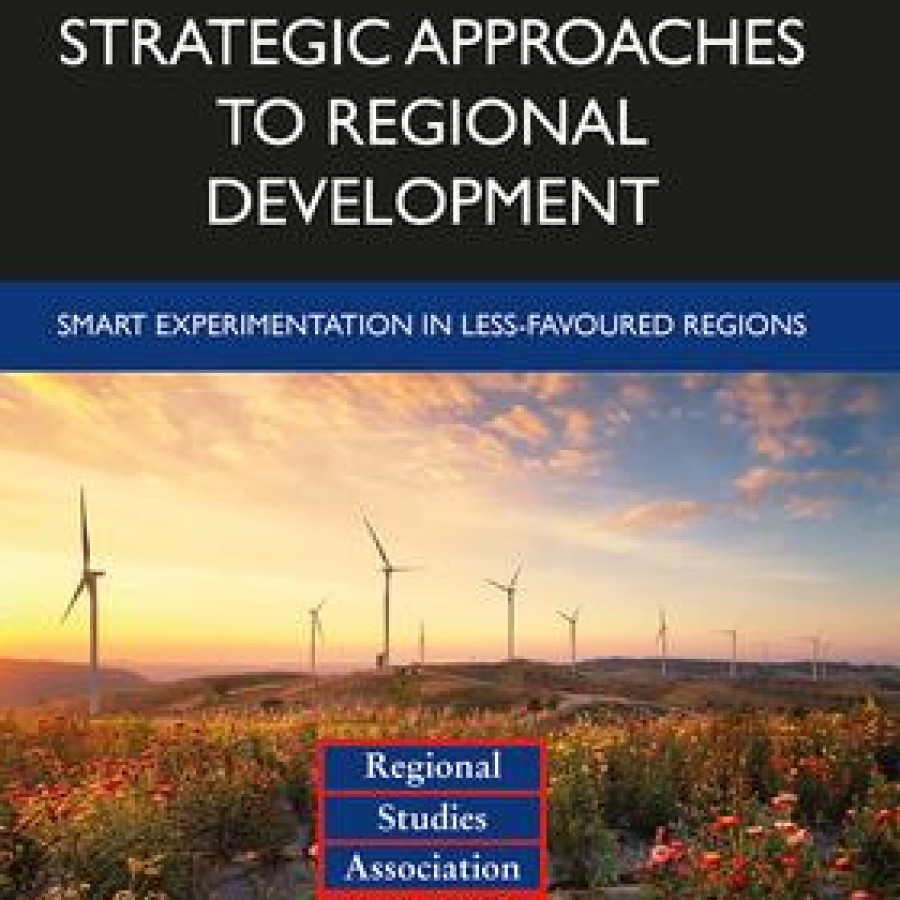In December 2018, three WIFO contributions have been published in the anthology "Strategic Approaches to Regional Development. Smart Experimentation in Less-Favoured Regions". The book deals with structural change in economically lagging regions in Europe. Andreas Reinstaller and Fabian Unterlass empirically analyse the role of technology and know-how as location factors both in economically more advanced and less-favoured regions. Together with Johanna Vogel, Stefan Weingärtner examines the role of clusters and the regional economic structure for employment dynamics in economic cycles. Relying on case study evidence, Klaus Friesenbichler discusses the policy dynamics of three regions struggling with economic problems and draws conclusions for economic policy. Topics such as path dependencies, diversification and specialisation, innovation and technology, education and Smart Specialisation Strategies (3S) run through all three chapters and provide valuable insights for regional and European economic policy.
Kristensen, I., Dubois, A., Teräs, J. (Hrsg.), Strategic Approaches to Regional Development: Smart Experimentation in Less-Favoured Regions, Routledge, 2018, https://www.routledge.com/Strategic-Approaches-to-Regional-Development-Smart-Experimentation-in/Kristensen-Dubois-Teras/p/book/9781138084353


